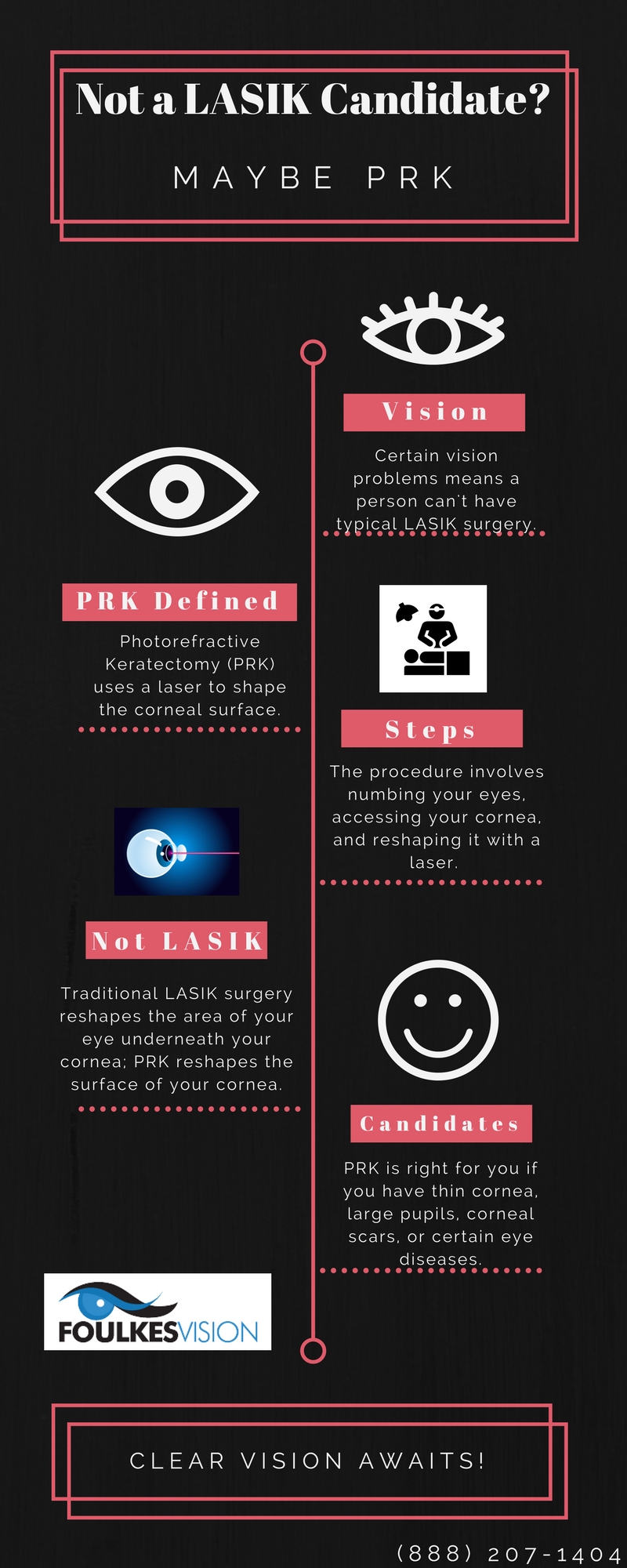Is SMILE Eye Surgery A Good Suitable For You? Crucial Insights And Elements To Assess
Is SMILE Eye Surgery A Good Suitable For You? Crucial Insights And Elements To Assess
Blog Article
Article Developed By-Banke Reece
If you're pondering SMILE eye surgery, ponder this: are you prepared to accept potential visual liberty, or does the idea of any dangers make you think twice? Your decision will depend upon a mindful balance of evaluating the advantages against the unpredictabilities. It's crucial to dive deeper right into the subtleties of SMILE surgical treatment to make an enlightened selection that aligns with your visual objectives.
Understanding SMILE Eye Surgery
When considering SMILE Eye Surgical procedure, it is very important to recognize the procedure and its advantages. SMILE, which represents Small Cut Lenticule Removal, is a minimally invasive laser eye surgical treatment that remedies typical vision troubles like nearsightedness (nearsightedness).
During the treatment, your eye specialist will certainly use a femtosecond laser to develop a small cut in your cornea. With this laceration, a little disc of cells called a lenticule is gotten rid of, improving the cornea and remedying your vision.
One of the crucial advantages of SMILE Eye Surgical treatment is its quick recovery time. Lots of people experience enhanced vision within a day or 2 after the treatment, with minimal pain.
Additionally, SMILE is known for its high success rate in providing long-lasting vision modification. Unlike LASIK, SMILE does not call for the production of a flap in the cornea, lowering the threat of difficulties and allowing for a much more steady corneal structure post-surgery.
Recognizing the treatment and its advantages is essential when considering SMILE Eye Surgical treatment for vision improvement.
Pros and Cons of SMILE
Considering SMILE Eye Surgery for vision modification includes numerous advantages and potential disadvantages.
Among the main pros of SMILE is its minimally intrusive nature, as it involves a tiny laceration and normally leads to fast recuperation times. The treatment is likewise recognized for causing marginal discomfort and completely dry eye signs and symptoms post-surgery compared to other vision improvement methods. Furthermore, SMILE has been shown to supply excellent visual outcomes, with several individuals achieving 20/20 vision or much better.
On the other hand, a possible con of SMILE is that it may not appropriate for people with extreme refractive mistakes, as the therapy range is somewhat limited contrasted to LASIK. Another factor to consider is that the understanding curve for doctors executing SMILE can affect the accessibility of knowledgeable service providers in specific areas.
It is necessary to weigh these benefits and drawbacks thoroughly when choosing if SMILE is the ideal selection for your vision modification requirements.
Determining Eligibility for SMILE
To determine if you're eligible for SMILE eye surgical treatment, your optometrist will certainly perform a thorough examination of your eye health and wellness and vision demands. Throughout this examination, aspects such as the security of your vision prescription, the thickness of your cornea, and the overall wellness of your eyes will be analyzed.
Usually, https://edgarhmsxb.blogitright.com/29359370/intend-to-find-out-about-the-key-concerns-connected-with-lasik-surgical-treatment-consult-with-a-knowledgeable-lasik-cosmetic-surgeon-to-settle-your-concerns for SMILE are over 22 years old, have a steady vision prescription for at least a year, and have healthy corneas without problems like keratoconus.
Your optometrist will also consider your general eye health, any existing eye conditions, and your way of living needs to identify if SMILE is the ideal selection for you. It's important to communicate any certain visual requirements or problems you might have throughout this assessment to ensure that the therapy aligns with your assumptions.
If you aren't qualified for SMILE, your ophthalmologist might suggest different vision correction alternatives that better fit your private needs and eye health condition.
Final thought
Ultimately, choosing whether SMILE eye surgical treatment is right for you requires cautious consideration of your private eye health and wellness and aesthetic demands. Talk to your optometrist to establish your eligibility for the procedure and evaluate the possible advantages and disadvantages. https://www.healio.com/news/ophthalmology/20210727/surgeon-shares-experiences-with-smallaperture-lens in mind to interact any kind of issues or questions you might have throughout the examination process to make an educated choice about your vision improvement choices.
